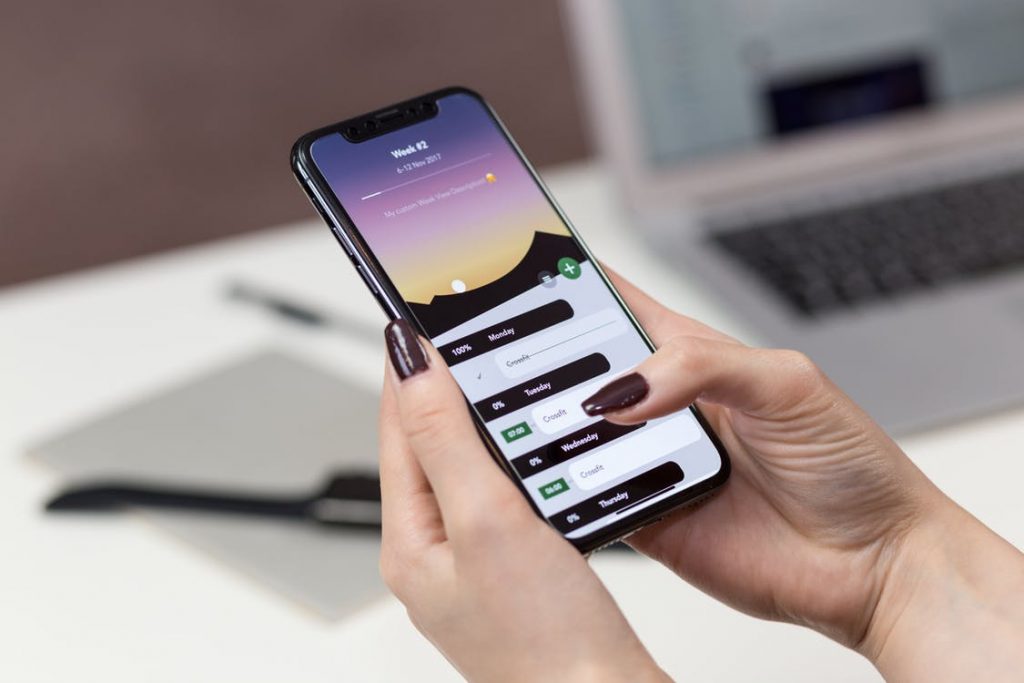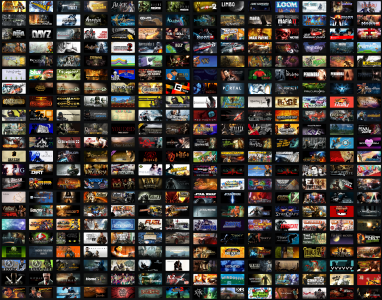Has the Smartphone Altered How We Manage Time?

The first smartphone was showcased in 1994 by Frank Canova. The touchscreen phone could send, and receive, both faxes and emails, but it wasn’t until the 2000s when more and more consumers began to get their hands on smartphones.
Fast forward 24 years and smartphones are everywhere. It’s unlikely you’ll walk down the street and not see one person reaching for their phone. But how have smartphones changed the way we manage time?
Do you find yourself constantly checking your phone to see the time when at work, or even at the bar with friends? You’re not alone. In fact, 80% of us check our phones before brushing their teeth in the morning! In the age of smartphones, it’s no surprise we are always checking the time – whether we are aware of it or not.
Have smartphones replaced watches?
Industry figures suggest that wristwatch sales are declining, whereas smartphone sales are rapidly on the rise – there are now 2.7 billion smartphone users worldwide. Smartphones are also considered more accurate sources of time. When you’re travelling to another timezone, your smartphone will adjust the time accordingly whereas a classic wristwatch doesn’t have this capability.
However, it’s also quite common for people to use both to track time, depending on their environment. For example, a watch might come in handy at work if you’re not allowed to check your phone.
The benefits of using your smartphone to manage your time
Whether we like it or not, we are becoming more and more reliant on smartphones to help us manage our time in everyday life. One of the biggest benefits of smartphones is their ability to help us manage this time using notifications and reminders. This can help with meetings at work and even staying on track to meet up with friends.
Most smartphones, if not all, allow users to set timers and alarms a lot more effectively when compared to a watch. There are even time-specific apps available to help users improve their time management skills, such as Rescue Time, Toggl, 1Password and Trello (an app that tracks your projects using visual cards, allowing you to make better use of the time you spend on projects). Smartphones are most definitely efficient.
There’s still something about watches
Despite this switch to smartphones to make better use of our time, wristwatches aren’t out of the picture. Smartphones might be convenient, but watches are timeless and we don’t appear to have fallen out of love with them just yet.
Watches can be considered more reliable than smartphones in the sense that they often have fewer battery issues – meaning they’ll last a lot longer. However, many watches are used as fashion accessories rather than a necessity to keep track of time. Collectors are even splashing out on watch cases to house their extravagant collections. Wristwatches aren’t dying out just yet.
The rise of smartwatches
Smartwatches were born from consumer demand for both smartphones and watches respectfully. Smartwatch developers realised the potential for wristwatches to house apps and other phone-like features, essentially turning watches into wearable wrist computers. Could this be the perfect solution to the wristwatch vs smartphone debate? Only time will tell, but smartwatch sales are expected to double over the next four years.


